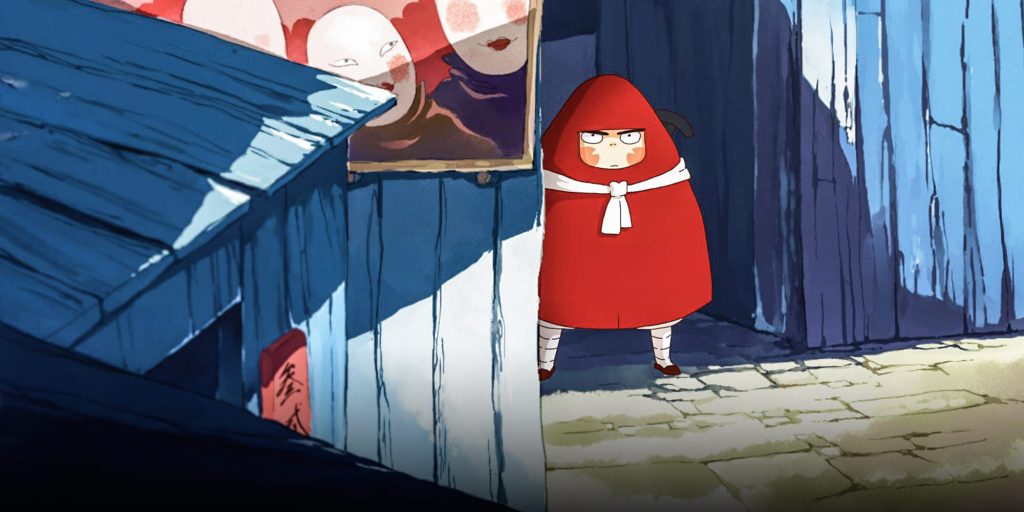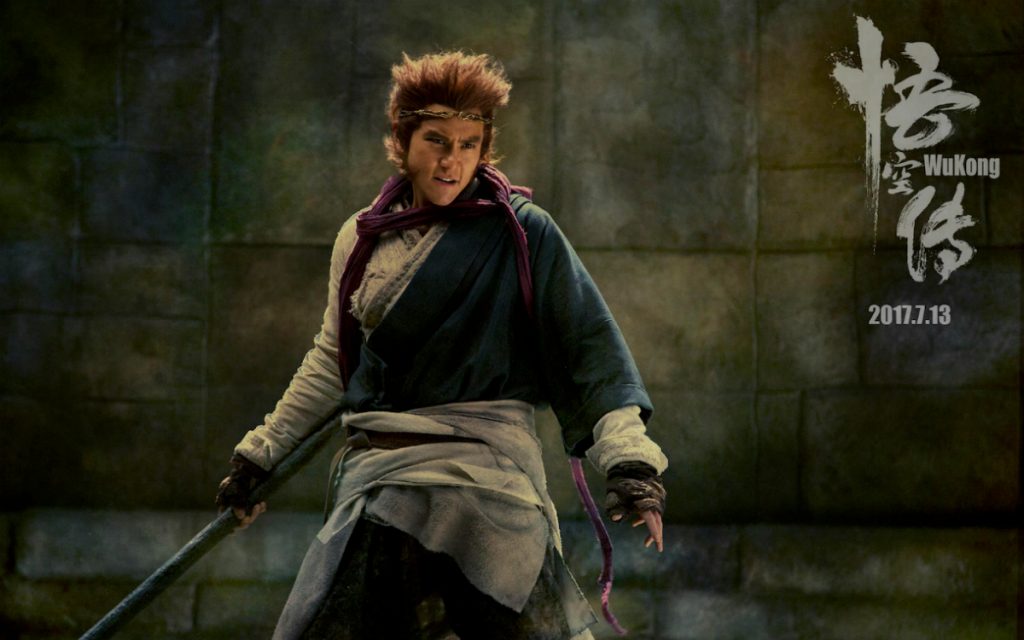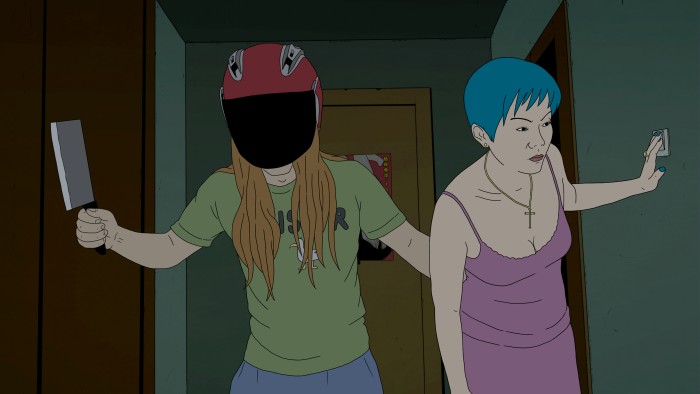Moral responsibility or publicity stunt? Critics and publicity rep see different motivations for self-applied PG-13 rating.

In “Dahufa,” a warrior goes on a quest to save his prince from a dystopian society, but the violent animated movie mostly stands out for being the first Chinese film to administer its own rating.
Before its Thursday premiere, “Dahufa” proactively labeled its posters and trailers with a conspicuous “PG-13,” a rating cautioning parents that some content may be inappropriate for children under 13.
The move highlights the fact that China does not have its own film rating system. This leaves movie makers with just one option: creating works that are suitable even for young children. Films that don’t fit this criterion for wholesomeness are required by the government’s media regulator to make cuts.
Speaking to Sixth Tone, film critic Wei Xiaoxi said that it was probably a marketing stunt to let audiences know that the movie is targeting adults. “Animated films have been for children by default for such a long time,” he said.
However, Dai Weisi, head of publicity for “Dahufa,” told Sixth Tone the rating was not set with marketing in mind. “The movie’s violence and adult themes were the reason it declared itself PG-13, despite the risk that this might affect viewership numbers,” she said. “It comes from a sense of responsibility to our audience.” Despite the warning, some parents have complained about the movie on social media after taking their children to see what they thought would be a harmless cartoon.
Produced by Beijing-based Nice Boat Animation, “Dahufa” tells the story of a warrior on a mission to find and rescue his nation’s lost prince. His quest takes him to Peanut Village, which is inhabited by closed-minded peanut people living under the constant threat of execution by ominous “guards.”
“The peanut people don’t dare open their mouths or express their opinions,” said Dai. “They don’t have their own thoughts. But in the end, through the awakening of some, they are led on the path to self-awareness.”
Reception to the movie has been generally positive, with most viewers praising its artistic style, mature themes, and contemporary relevance. Citing increasingly stringent internet regulations, Wei said he felt China’s modern society may soon resemble Peanut Village.
The self-rating risk “Dahufa” has taken is an industry first that may set new precedents, Chen Changye, a film critic, told Sixth Tone. “If this succeeds, it will definitely be imitated by others,” he said. “Many Chinese filmgoers actually really like those violent or erotic hardcore movies. By giving such clear information, they hope to more accurately target audiences.”
In February, a new law was introduced stating that foreign movies containing content deemed “inappropriate” for minors must provide a warning in their marketing material. “Logan,” a 2017 movie about the brooding comic book character Wolverine, was the first movie required to do so after the law was passed, even after having 17 minutes of content had been cut. For domestic films like “Dahufa,” such viewer discretion warnings are optional.
The critic Wei explained that film grading systems require the creation of national standards, resulting in less control over which movies are accepted or rejected. The lack of a grading system “extremely limits the creative freedom of creators,” said Wei. “Since there are no set regulations, content is made as safe as possible to guarantee that it can be screened.”
— This article originally appeared on Sixth Tone.








